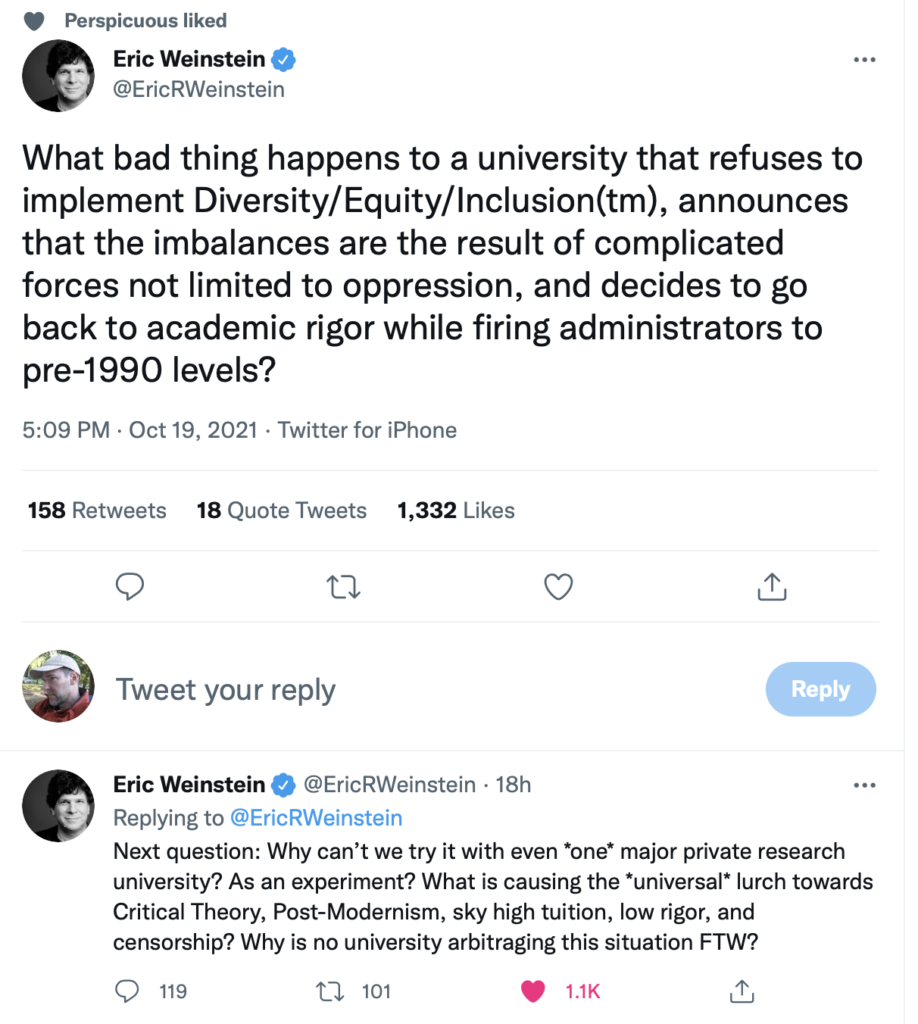About Compounding
Shane Parrish of Farnham Street pointed out that “Compounding,” is a really useful concept, especially when applied to things outside of finance, where the term refers to earning interest on interest.
Then along comes an article by Daniel F. Chambliss, "The Mundanity of Excellence," reminding us that great talent can happen only when we stand on the shoulders of numerous sub-talents:
Excellence is mundane. Excellence is mundane. Superlative performance is really a confluence of dozens of small skills or activities, each one learned or stumbled upon, which have been carefully drilled into habit and then are fitted together in a synthesized whole. There is nothing extraordinary or superhuman in any one of those actions; only the fact that they are done consistently and correctly, and all to- gether, produce excellence. When a swimmer learns a proper flip turn in the freestyle races, she will swim the race a bit faster; then a streamlined push off from the wall, with the arms squeezed together over the head, and a little faster; then how to place the hands in the water so no air is cupped in them; then how to lift them over the water; then how to lift weights to properly build strength, and how to eat the right foods, and to wear the best suits for racing, and on and on. Each of those tasks seems small in itself, but each allows the athlete to swim a bit faster. And having learned and consistently practiced all of them to- gether, and many more besides, the swimmer may compete in the Olympic Games. The win- ning of a gold medal is nothing more than the synthesis of a countless number of such little things—even if some of them are done unwit- tingly or by others, and thus called “luck.”.
One final thought: It has increasingly appeared to me that anything good that has happened (and many bad things) are the result of work I’ve done (or failed to do) over many years or decades. Compounding is behind my biggest successes and failures. One of the biggest ways this show up in in your reputation. As the saying goes, a good reputation is hard to earn and easy to lose. When you've spent your entire life trying to be trustworthy, truthful and kind, that opens doors for you, over and over. But you might forget that this superpower was something you assembled over decades.
Mediocrity as New Version of Equality
Disturbing information from a woman who has held a seat on the largest school board in NYC:
The Best System for Determining What is True
I'm reading The Constitution of Knowledge by Jonathan Rauch (2021). Rauch has written an extraordinary book offering a detailed airtight case for why we need each other in order to determine what is true. We need a mediated social system in order to filter out the despots and crackpots, but who will mediate such a system? The incredible answer is no one in particular. The system powers the process, but the system cannot function in the absence of three prerequisites. The following passage sums up what we need to get the job done:
An epistemic regime—that is, a public system for adjudicating differences of belief and perception and for developing shared and warranted conclusions about truth—should provide three public goods.
First, knowledge. The system should be competent at distinguishing reality from non-reality, and at building on previous discoveries so that knowledge accumulates, thereby generating even more knowledge.
Second, freedom. The system should encourage rather than repress human autonomy, creativity, and empowerment. It should welcome and exploit human diversity, especially diversity of opinion, and it should not allow any person or faction to use force or intimidation to control what others say or believe.
Third, peace. The system should reward social conciliation, maximize the number of disagreements which are resolvable, and compartmentalize and marginalize disagreements when it cannot resolve them. It should inculcate intellectual values which abhor violence and bullying, and it should establish institutions and norms which tolerate and even embrace disagreement and doubt.
No one should expect any knowledge-producing system to be perfect, or close to it. Still, many centuries of history show that the liberal system—the reality-based community—comes closer to perfection than any other human social invention.
Next, we need two rules (p. 89):
The fallibilist rule: Ho one gets the final say. You may claim that a statement is established as knowledge only if it can be debunked, in principle, and onlyinsofar as it withstands attempts to debunk it. That is, you are entitled to claim that a statement is objectively true only insofar as it is both checkable and has stood up to checking, and not otherwise. In practice, of course, determining whether a particular statement stands up to checking is sometimes hard, and we have to argue about it. But what counts is the way the rule directs us to behave: you must assume your own and everyone else’sfallibility and you must hunt for your own and others’errors, even if you are confident you are right. Otherwise, you are not reality-based. The Constitution of Knowledge
The empirical rule: No one has personal authority. You may claim that a statement has been established as knowledge only insofar as the method used to check it gives the same result regardless of the identity of the checker, and regardless of the source of the statement. Whatever you do to check a proposition must be something that anyone can do, at least in principle, and get the same result. Also, no one proposing a hypothesis gets a free pass simply because of who she is or what group she belongs to. Who you are does not count; the rules apply to everybody and persons are interchangeable. If your method is valid only for you or your affinity group or people who believe as you do, then you are not reality-based.
Being “Smart” Does Not Protect You from Being Duped.
Jonathan Rauch has written an excellent new book, "The Constitution of Knowledge" (2021). His analysis is deep and unrelenting. Here's a passage that provides a warning: Being "smart" does not protect a person from being duped:
On the more abstract moral and intellectual questions which so often preoccupy and divide us, reasoning, argues Haidt, is like a press secretary whose goal is to justify whatever position her boss has already taken. “Intuitions come first, strategic reasoning second,”writes Haidt. Moreover, in conversations about matters which arouse strong moral reactions, “people care a great deal more about appearance and reputation than about reality.”They care more about looking right than being right. “Our moral thinking,”says Haidt, “is much more like a politician searching for votes than a scientist searching for truth.” Maybe Socrates would rather be right than popular, but most of us prefer to maintain our good standing with our tribe, a reasonable call when one considers that Socrates was executed by his fellow citizens.
Besides being useful for persuading others, the ability to construct reasons is useful for persuading ourselves. Persuading others is easier, after all, if we believe what we say. The old political saw holds that if you can fake sincerity, you’ve got it made; but that is not quite right, because the best way to seem sincere is to be sincere. Detecting trustworthiness is a basic life skill in small groups which depend on sharing and reciprocity, and so people have developed good bullshit detectors. The best way around other people’s bullshit detectors is to believe what you say. If your social reputation and group identity depend upon believing something, then you will find a way to believe it. In fact, your brain will help you by readily accepting and recalling congenial information while working to bury and ignore uncongenial information.
That is why intelligence is no defense against false belief. To the contrary, it makes us even better at rationalizing. Super-smart people, as Haidt notes in The Righteous Mind, are more skilled than others at finding arguments to justify their own points of view. But when they are asked to find arguments on the opposite side of a question, they do no better than anyone else. Brainpower makes people better press secretaries, but not necessarily better at open-minded, self-critical thinking.
- Go to the previous page
- 1
- …
- 25
- 26
- 27
- 28
- 29
- 30
- 31
- …
- 208
- Go to the next page


